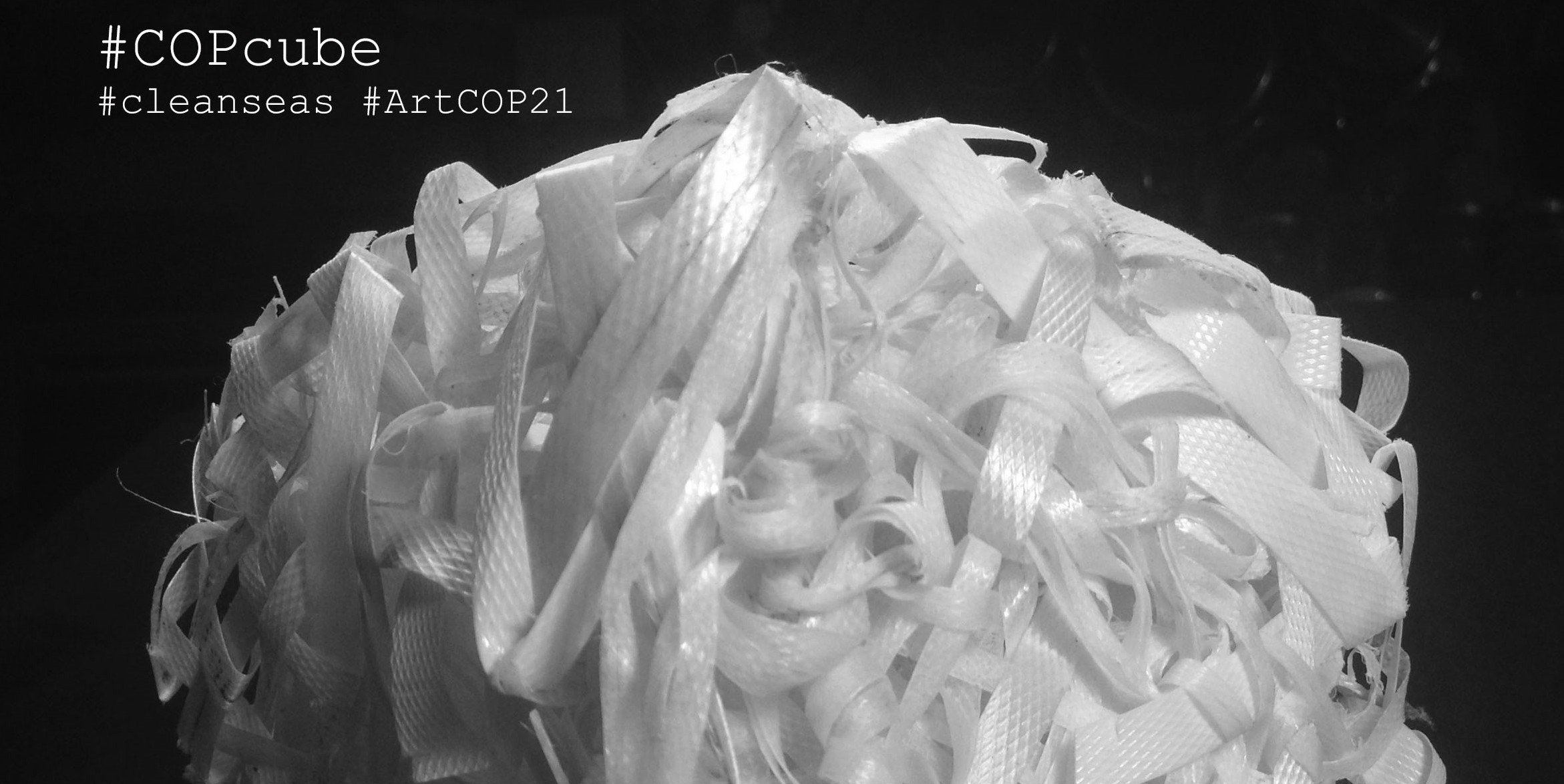This talk explores the idea of being haunted by the distant future, via the concept of the confession. What might it mean to think about Anthropocene imagination as an act of confessing to the far future? This idea has arisen from considering the ethical implications of anticipating the far future impacts of humans, in particular nuclear waste. Attempts to communicate that toxic legacy in the form of warnings or instructions to far future inhabitants (as explored in the film Into Eternity, 2010) appear to spill over into a confessing tone, one that acknowledges uncertainty, fallibility, and possible failure: a desire for pardon for the impacts that humans cannot predict or control. We can consider the latter by linking the act of bearing witness, to that of being haunted or held to account by the ghosts of our far futures. Several questions emerge. Whose actions would we be confessing (and whose omitting), and whose attention or forgiveness would we be seeking? With whom or what would one communicate in our expressions of pardon to the future? Would we see such ghostly communication as liberating, or repressing, for action in the present? Would it be enough to deter us from continuing with our uncertain, toxic experiments with the planet? The presentation addresses the relationship between forgiveness, action and the future (Arendt); but also with the classic theological and psychological exploration of the confession (first in in St Augustine, and second in Derrida’s mimicking of him in Circumfession) as an expression of our temporal condition and “radical finitude”.



